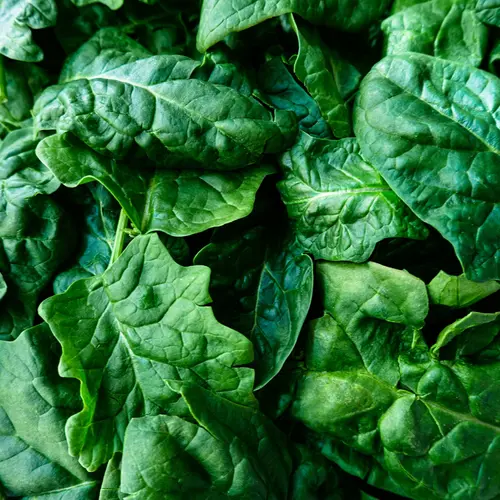Most Americans know popcorn as a steadfast part of moviegoing culture, but it’s actually a popular snack all over the world. It’s easy to associate popcorn with lots of butter and salt, but the snack can actually provide surprising health benefits with its nutrients and low calorie count.
Popcorn is made by heating up kernels, which are filled with starch and have a hard exterior. When it’s not loaded with a bunch of other ingredients, the snack is a healthy light treat. It’s also popular because it’s fast and easy to prepare at home.
Health Benefits
There are a few health benefits to eating popcorn. In addition to being high in fiber, popcorn also contains phenolic acids, a type of antioxidant. In addition, popcorn is a whole grain, an important food group that may reduce the risk of diabetes, heart disease, and hypertension in humans.
Lower Risk of Diabetes
Whole grains are known to offer many health benefits to humans. One important benefit of eating whole grains is a reduced risk of type 2 diabetes, which has been shown to be especially true for middle-aged men and women.
In addition, popcorn has a low glycemic index (GI), meaning that it may help you maintain your blood sugar levels more easily and avoid fluctuation associated with foods high in GI. Diets with a lot of low-GI foods can help people with type 1 or type 2 diabetes improve their glucose and lipid levels.
Lower Risk of Heart Disease
High intake of fiber, which is prevalent in popcorn, has been found to decrease the risk of cardiovascular disease as well as coronary heart disease. Fiber is an important part of a balanced diet, and popcorn is ideal if you need a snack that contributes to your daily fiber intake.
Lower Risk of Hypertension
In addition to lowering the risk of diabetes and heart disease, eating popcorn without a lot of added salt or butter may help you lower your blood pressure or lower the risk of developing high blood pressure.
Weight Management
Weight loss and management can be a challenge for many. Popcorn offers a snack solution that can help you avoid weight gain. Its high fiber content, in addition to its low calorie count, contributes to this important health benefit. These properties of the snack can make people feel more full than a less healthy, fattier snack would.
Nutrition
Popcorn contains lots of fiber and antioxidants, which can help prevent some serious health conditions. In addition to these key ingredients, popcorn nutrients include:
Nutrients per Serving
In a serving of 3 cups of air-popped popcorn, you’ll get:
Things to Watch Out For
Keep in mind that the health benefits of popcorn can be lessened or negated if you add a lot of butter and salt to the snack. Both of these added ingredients can cause the saturated fat in popcorn to soar, sometimes between 20 and 57 grams.
It’s important to remember to eat your popcorn plain for the most benefits. If you need some additional flavor, stick to small amounts of salt or a healthy oil.
How to Prepare Popcorn
When you’re not at the movie theater, popcorn is easy to prepare and enjoy at home. Start with about a half cup of popcorn kernels. Make sure you have a fairly large pot with a lid so that the kernels have room to expand.
Heat your pot over medium heat and pour in the kernels. If desired, add 1 to 3 tablespoons of a light oil. Place the lid on the pot. You'll soon start to hear the kernels popping.
When the pops are only occurring every few seconds instead of continuously, turn off the stove burner and let steam escape from the lid. Then, remove the popcorn and coat with additional oil or salt as desired. Make sure you coat the popcorn with oil while it’s still hot, and then follow up with any dry ingredients.
Add-ons for your popcorn can include:
- Light butter or olive oil
- Salt and pepper
- Chile flakes
- Grated cheese

